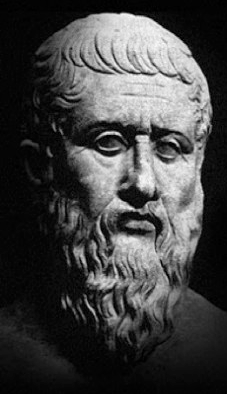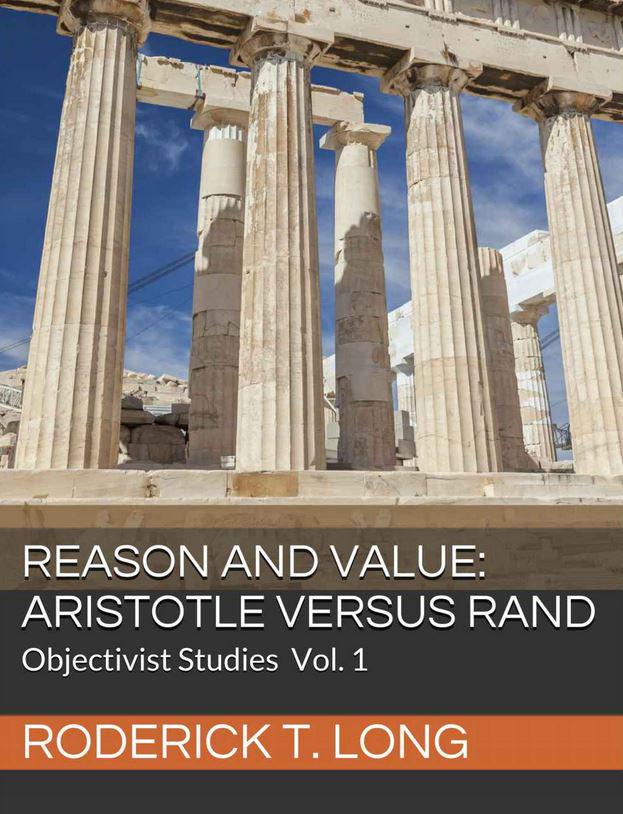[cross-posted at BHL]
Billy Christmas (who was part of the same MANCEPT 2014 workshop as me (“The Current State of Libertarian Political Philosophy”) in September, and who also participated in the Molinari Society’s symposium on libertarianism and privilege with me this past December) writes to tell me that he is convening a workshop on “Lockean Libertarianism” at MANCEPT 2015 (Manchester UK, 1-3 September 2015). Check out the description below and consider submitting an abstract. I greatly enjoyed last year’s MANCEPT gig and can recommend its sequel.
Call for papers: MANCEPT workshop on Lockean Libertarianism
MANCEPT workshops, University of Manchester, Oxford Road, Manchester, UK.
Tuesday 1st September – Thursday 3rd September 2015.
Lockean libertarianism is a family of theories of justice based upon property rights: those we have over ourselves and those we have over the external world. The connection between these two sets of rights is a contentious issue. The self-ownership principle holds that all individuals are, initially, the full moral owners of their own person, including their body, mind, and the product of their labour. The world-ownership principle specifies the rights we have to use and appropriate external resources, including natural resources (e.g. a plot of land, water, forests, deposits of fossil fuels) and products of human labour (e.g. a house, a pencil, a car). Locke himself claimed there is a proviso on the appropriation of external property that required one to leave ‘enough and as good in common for others’. Nozick favoured a weak interpretation of the proviso, while others reject it altogether (e.g. Rothbard, Hoppe), or believe the only proviso that is consistent with self-ownership is so minor that it has no effect of equality (e.g. the ‘Blockean proviso’). Others still think the proviso should be interpreted as in strong support of extensive redistribution of external resources to those who have less than an equal share (e.g. Steiner, Van Parijs, Otsuka, Vallentyne, Roark). Whereas some claim an unjust appropriation of previously unowned resources is an incoherent idea (e.g. Feser), or that resources do not exist independently of an act of discovery (e.g. Paul, Rassmussen & Den Uyl). Some from outside the Lockean tradition believe that the reconciliation of self-ownership with equality is incoherent (e.g. Risse, Cohen), while some within it would agree and oppose any form of egalitarianism (e.g. Rothbard and Hoppe), others reject the incoherence theses (e.g. Steiner and Otsuka), and others still believe equality should be reconceived as equality of authority, which stands in a natural equilibrium with respect for one’s self-ownership (e.g. Long). Lockean libertarianism then, is a very diverse set of political theories, with diverging socioeconomic implications. This workshop aims to provide a space to critically discuss Lockean libertarianism: what it is, and what its implications are. Whether the Lockean approach is taken to be problematic or promising, we invite papers that discuss self-ownership or world-ownership separately, as well as papers on the conceptual connection between self-ownership, world-ownership, and the proviso. We also encourage investigations into potential applications of these different forms of Lockean libertarianism. How should we conceive of, both philosophically and socioeconomically, things like public property and national borders? Can intellectual property be justified on a Lockean basis? Are children self-owners, or the fruits of their parents labour? How ought a Lockean respond to historical injustices such as land theft and slavery?
Please submit abstracts by email to Kasper Ossenblok (kasper.ossenblok@ugent.be) and/or Billy Christmas (billy.christmas@manchester.ac.uk).
Deadline for submissions: 1st June 2015. You will be notified of the success of your submission by 20th June. Please note that the deadline for registering for a graduate student bursary from MANCEPT in June 10th.






